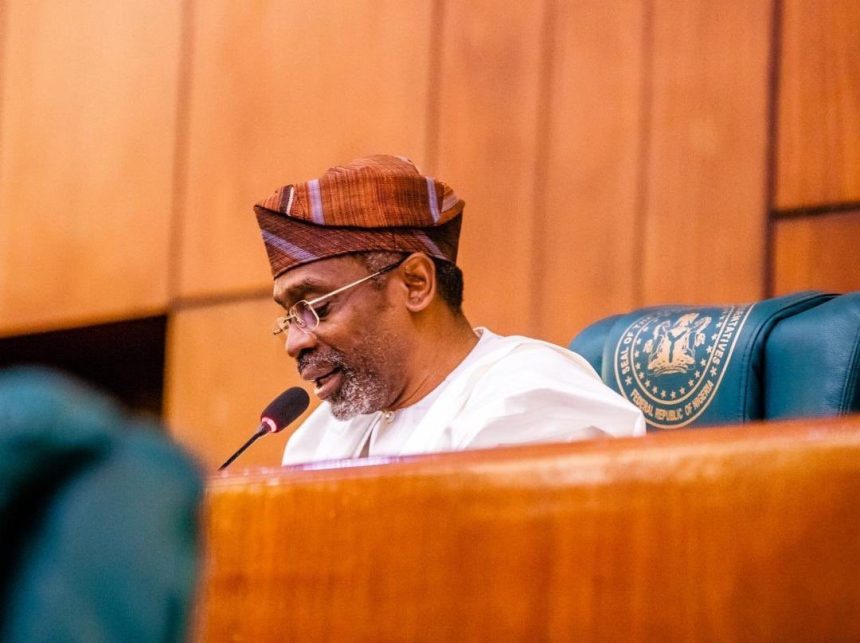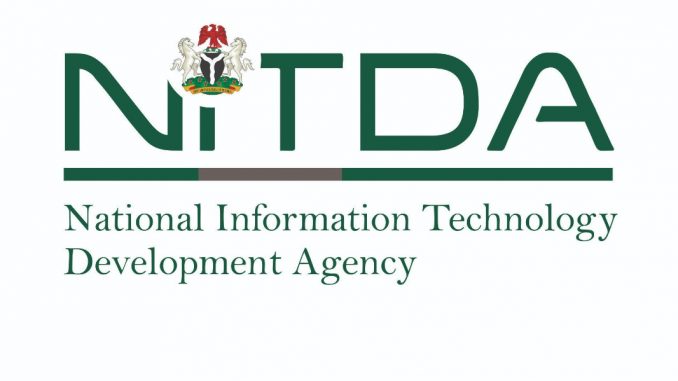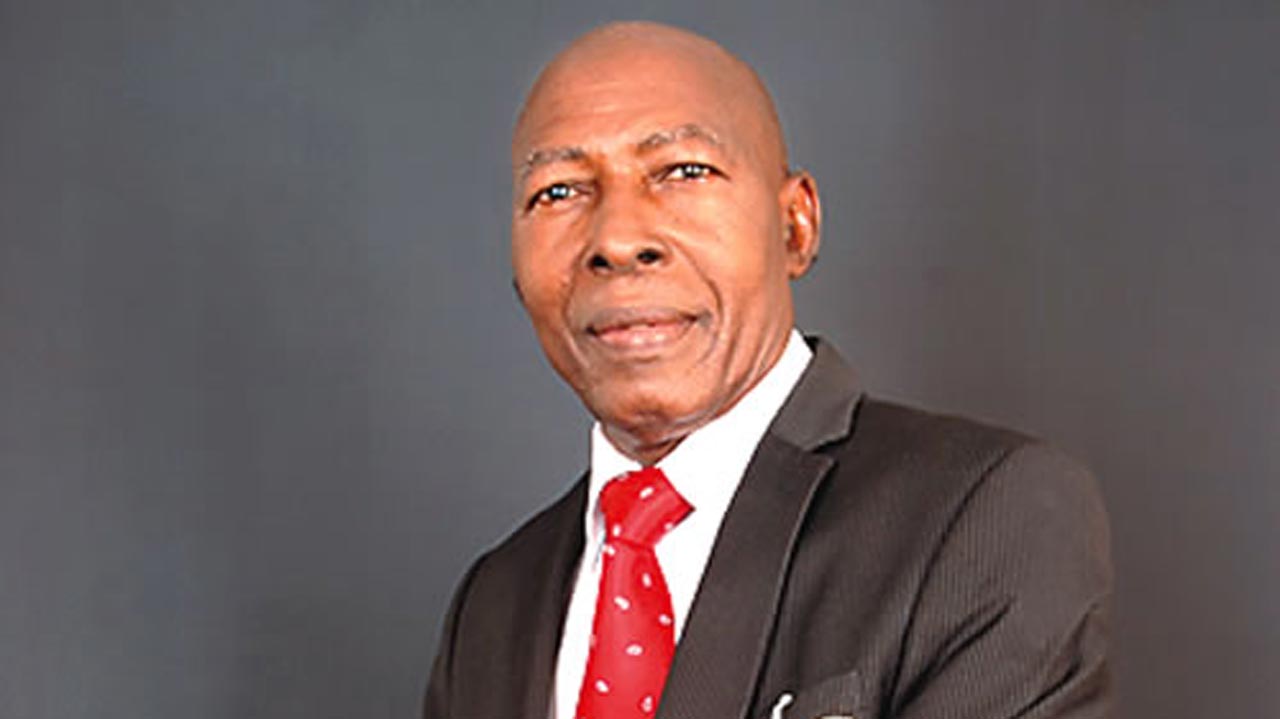Worried by observed poor telecoms services across many rural communities that are categorized as underserved, the Nigerian Communications Commission (NCC) is to face probe of the House of Representatives over the “inadequate” spread of telecommunication services.
The move came at Thursday’s plenary, as the lawmakers queried the commission over the “non-provision” of telecommunication networks to underserved areas despite the utilisation of the universal service provision fund (USPF).
Business Hilights reports that the resolution followed the adoption of a motion sponsored by Sergius Ogun, a lawmaker from Edo State.
Ogun said Section 112(1) of the Nigerian Communications Act 2004, gave the NCC the power to consider, design, and determine a system that shall promote the widespread availability and usage of network services throughout Nigeria by encouraging the installation of network facilities and the provision of network services to institutions in the unserved and underserved areas of the country known as the Universal Service Provision (USP).
Citing sections 114 and 118 of the Nigerian Communications Act, the lawmaker said the structure, governance, administration, and control of the Universal Service Provision Fund (USPF) was determined (or domiciled) in the NCC.
He said in the wake of the rapid expansion of the global system of mobile communication (GSM) in Nigeria, most of the network operators “were reluctant to move to the rural areas owing to the business considerations”.
Ogun said to address the development, the Nigerian Communications Act 2004, empowered the NCC to receive two and a half percent (2.5%) of the annual turn-over of the mobile telecommunication network operators as an annual license renewal fee.
Said Ogun: “The NCC is expected to utilise the funds generated from the contributions of mobile telecommunication network operators for implementing universal access strategy and programme by Federal Government’s policy.
“The Nigerian Communications Commission (NCC) on its own, decided to contribute 40 percent of the fund generated from the 2.5 percent annual turn-over from mobile telecommunication network operators translating to one percent of the annual turn-over of the operators to the USPF, a practice common throughout Africa.
“The USPF is to be used to build infrastructure in the underserved and unserved areas of Nigeria, which can subsequently be made available to the mobile telecommunication network operators, who will, in turn, utilise such infrastructure in serving the areas that are hitherto underserved and unserved.
“The first major infrastructure project attempted by the NCC in this regard was the emergency response system (ERS), which led to the construction of emergency communications centres all over the country, with little or no results, even though the contract was awarded in millions of US dollars with annual fiscal appropriations for the said project.
“The inability of the NCC to utilise the USPF to promote the widespread availability and usage of network services and applications throughout Nigeria as enshrined in section 112 of the Nigerian Communications Act 2004, is a great disservice to the nation”.
In respect to the adoption of the motion, the house set up an ad hoc committee to investigate the accruals into the fund and its utilisation by the NCC since its inception.









